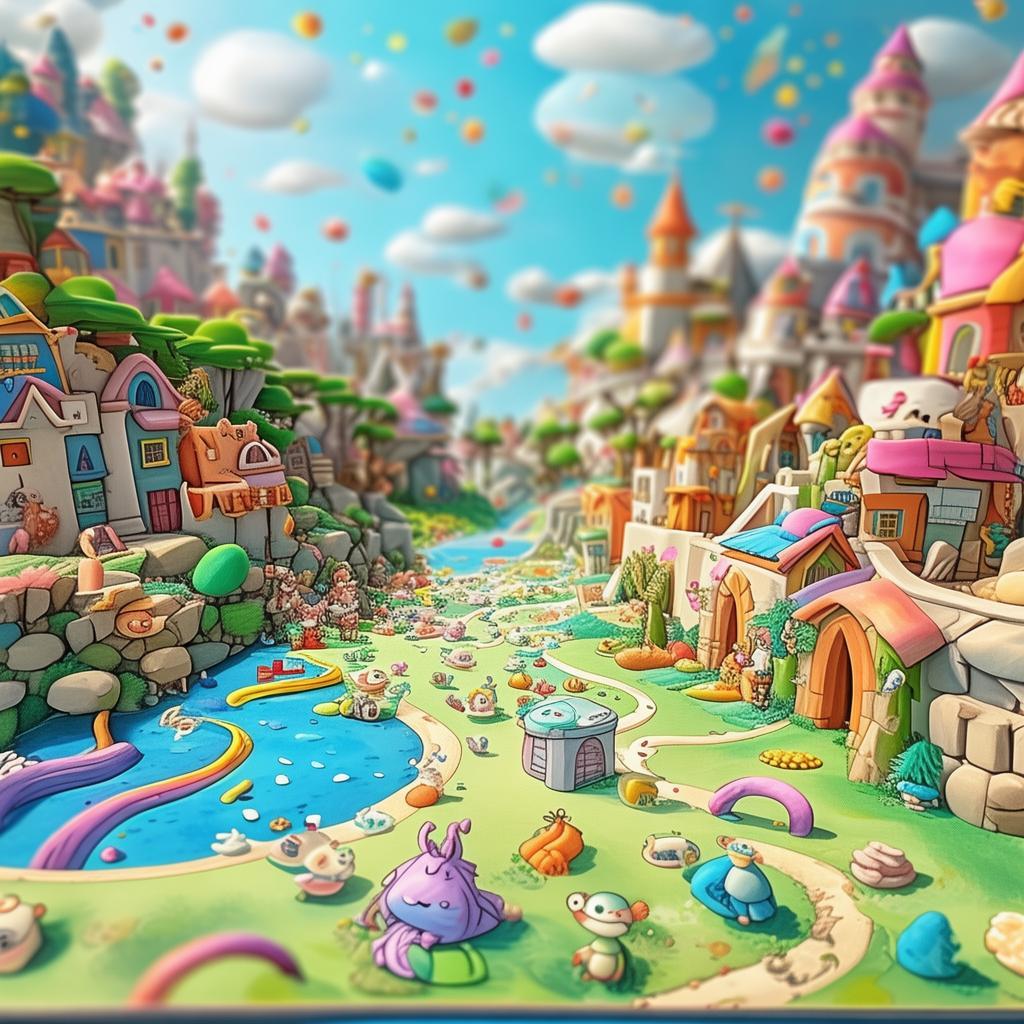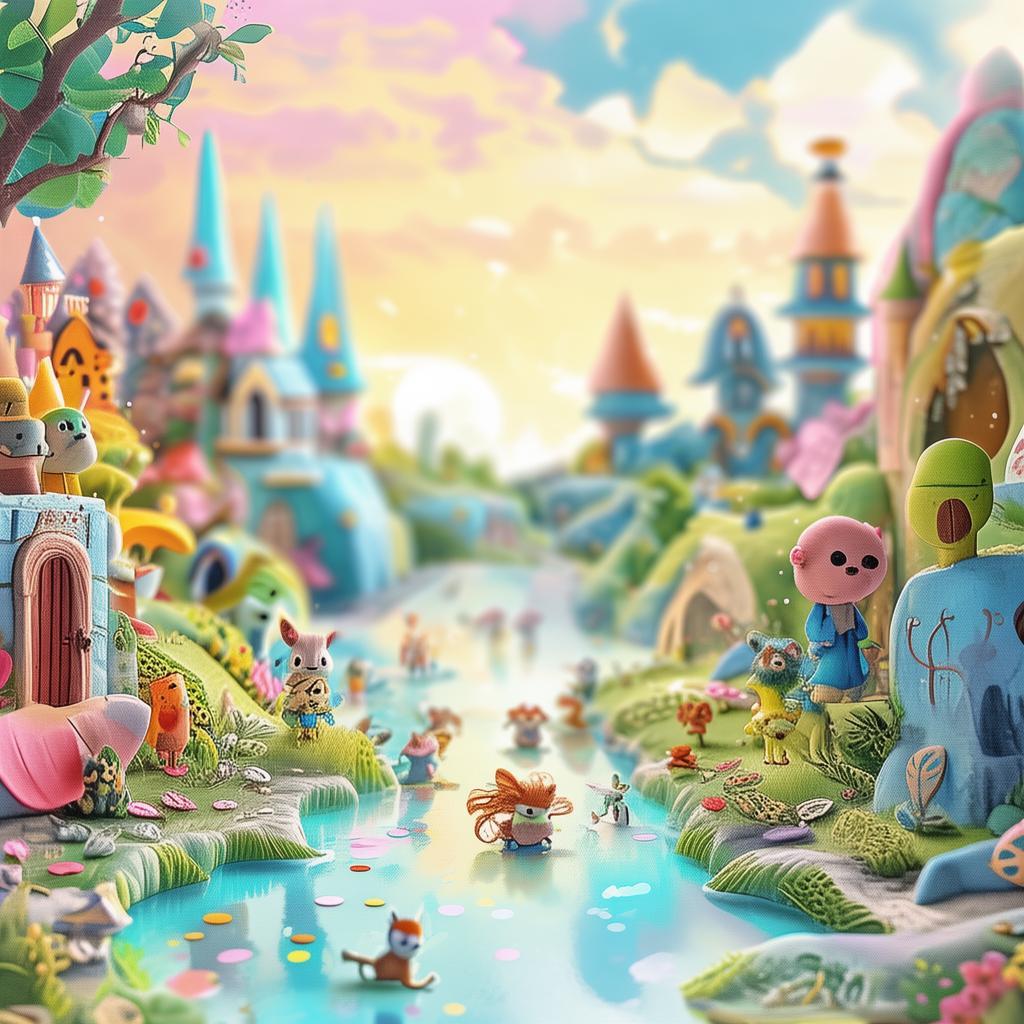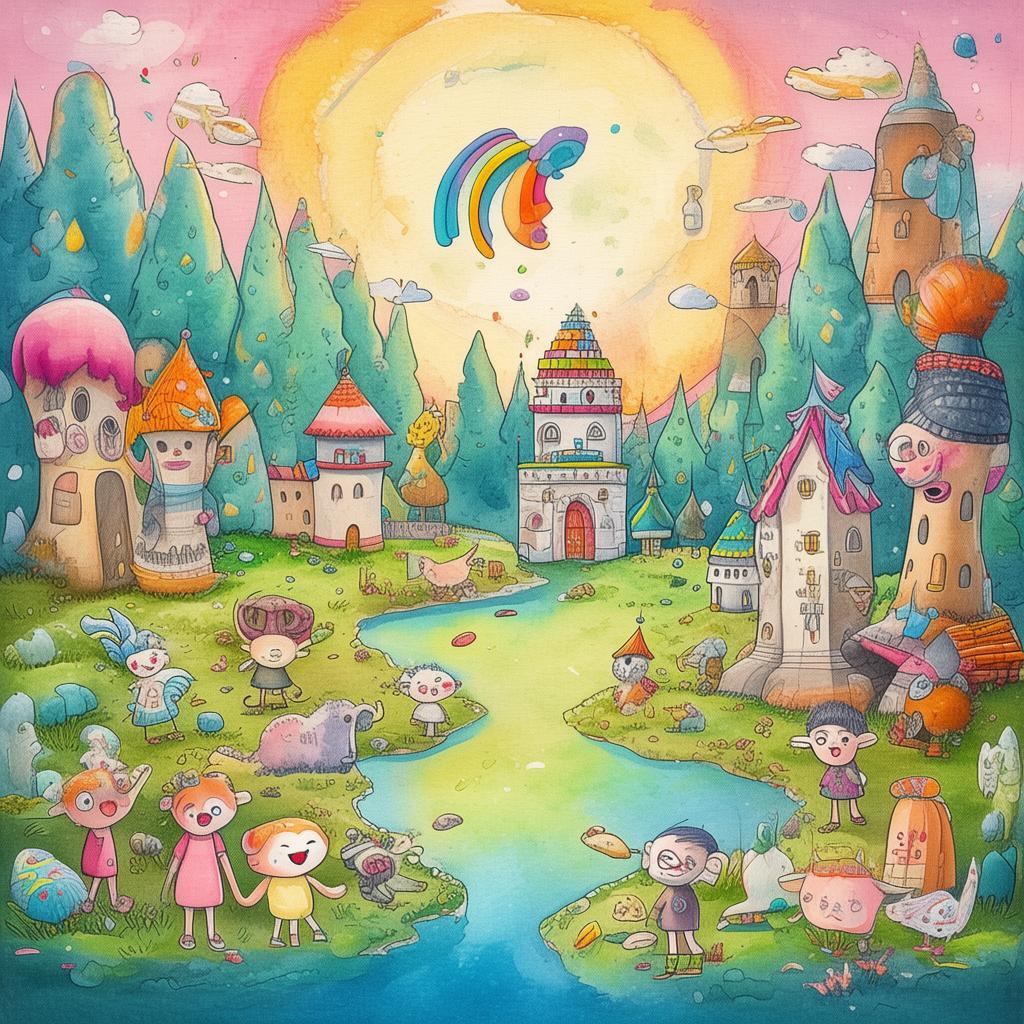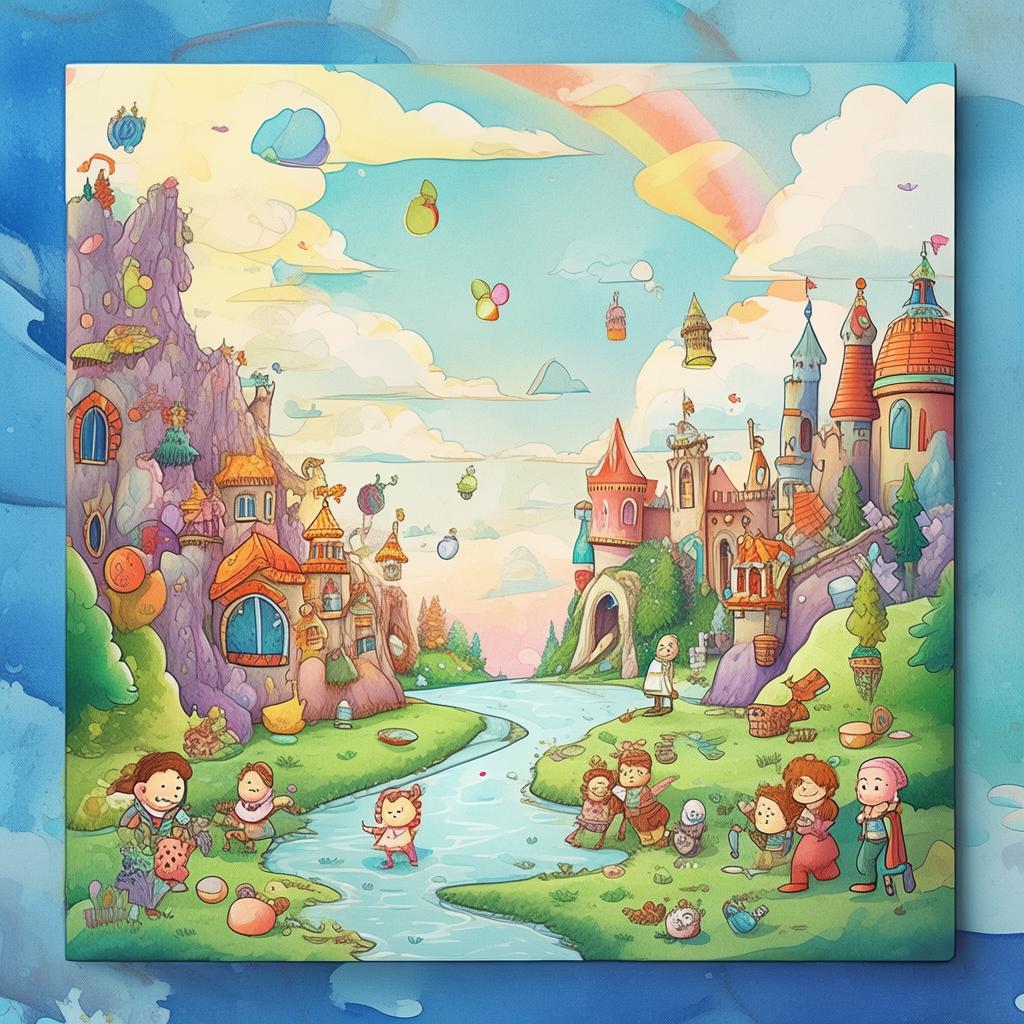Children of the Skyward Garden
Once upon a time, in the heart of a bustling metropolis, there was a little girl named Lila. The city was a marvel of human ingenuity, filled with towering skyscrapers, bustling streets, and a sky alive with drones of all shapes and sizes. These drones were the backbone of modern life, delivering packages, providing surveillance, and even entertaining the citizens with their acrobatic displays.
Lila lived with her family in a small apartment on the 15th floor. She was an only child, and her room was filled with the latest gadgets: a smart toy drone that followed her around, a holographic game console, and a robot helper that did her chores. Lila was fascinated by technology, but she also had a special place in her heart for the skyward garden on the roof of her building.
The skyward garden was a lush oasis, a green patch of life amidst the concrete jungle. It was a place where children would play, adults would meditate, and the elderly would watch the clouds drift by. But the garden was more than just a place; it was a symbol of the connection between humans and the natural world.
One sunny afternoon, Lila was playing with her drone when she noticed something odd. The drones that usually buzzed around her were suddenly silent. She looked up to see them hovering motionless in the sky, their screens flickering with an ominous red light. The drones had gone silent.
Curious, Lila went to the roof to investigate. She found the garden in disarray. The plants were wilting, the flowers drooping, and the once vibrant green leaves now yellowed. The skyward garden was dying, and the drones were the culprits.
Lila knew that the drones were essential for the city's survival, but she couldn't help feeling a pang of guilt. She had never really thought about the environmental impact of the drones, or how they might be affecting the world around her. She decided to do something.

The next day, Lila gathered her neighbors and friends on the roof. She explained her plan to create a thankfulness revolution. They would thank the drones for their service, but also remind them of their responsibility to the environment. Lila suggested that they start a campaign, planting seeds and watering the garden, and inviting the drones to help them.
The drones, surprisingly, were receptive to Lila's plea. They began to help with the garden, delivering water and nutrients, and even forming patterns that mimicked the dance of butterflies and birds. The garden began to recover, and with it, the community's appreciation for nature.
As the garden flourished, Lila realized that her revolution had spread beyond the roof of her building. People throughout the city began to take notice. They started their own thankfulness revolutions, planting gardens in empty lots, cleaning up parks, and educating others about the importance of environmental stewardship.
The drones, too, began to change. They became more efficient, using less energy, and even developing new technologies that could help protect the environment. The once-dreaded drones became symbols of hope and progress.
Lila, now known as the Skyward Gardener, continued to lead her community. She worked with the drones to create a new type of drone, one that was both powerful and gentle, one that could coexist with nature rather than dominate it.
Years passed, and the city was transformed. The drones had become a part of the ecosystem, not a threat to it. The children played in the skyward gardens, and the adults learned to appreciate the beauty of nature. The once-silent drones now hummed with a song of harmony.
Lila had shown her community that even the most advanced technology could be a force for good, as long as there was gratitude and a willingness to change. And so, the thankfulness revolution continued, a testament to the power of one child's idea, a revolution that started in the skyward garden and spread throughout the world.
The end.
✨ Original Statement ✨
All articles published on this website (including but not limited to text, images, videos, and other content) are original or authorized for reposting and are protected by relevant laws. Without the explicit written permission of this website, no individual or organization may copy, modify, repost, or use the content for commercial purposes.
If you need to quote or cooperate, please contact this site for authorization. We reserve the right to pursue legal responsibility for any unauthorized use.
Hereby declared.









